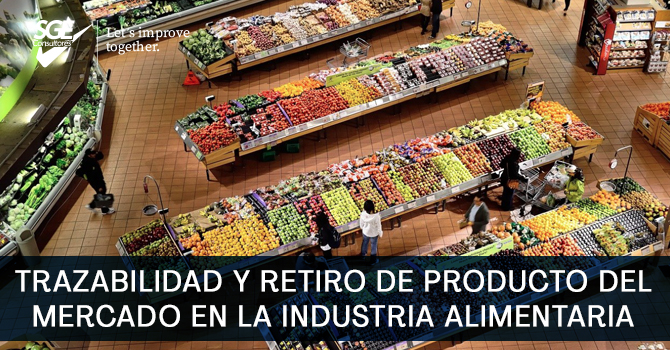
During the last decades, commercial transactions of food products have increased. More and more countries depend on food imports even to supply their populations. Consequently, the food chain from farm to fork becomes complex, since active participants such as distributors, customs, air, sea and land transport are included, which leads to the need for a robust traceability system and cash.
Traceability is defined as the ability to follow the movement of a food through specified stage(s) of production, processing and distribution. Within this definition, there are 3 types:
• Backward traceability. Related to the raw materials that enter (Food, packaging material, supplies) and therefore, to the evaluation and control of suppliers.
• Internal or process traceability. Linked to internal production control (process parameters, collaborators, intermediate and finished product coding.
• Forward traceability. Product output records (Customers, points of sale, quantities delivered, identification of means of transport, etc.)
This information is essential to manage complaints, non-conformities and product recalls, which is defined as the actions carried out by companies or other regulatory entities to prevent the commercialization of a product due to a potential danger to consumers. or flaws.
Through the course Traceability and withdrawal of products from the market to be held on May 11 and 12, 2022, you will apply the necessary techniques to ensure the traceability of your products, as well as the methodology to follow in the event of an eventual withdrawal. of product on the market.
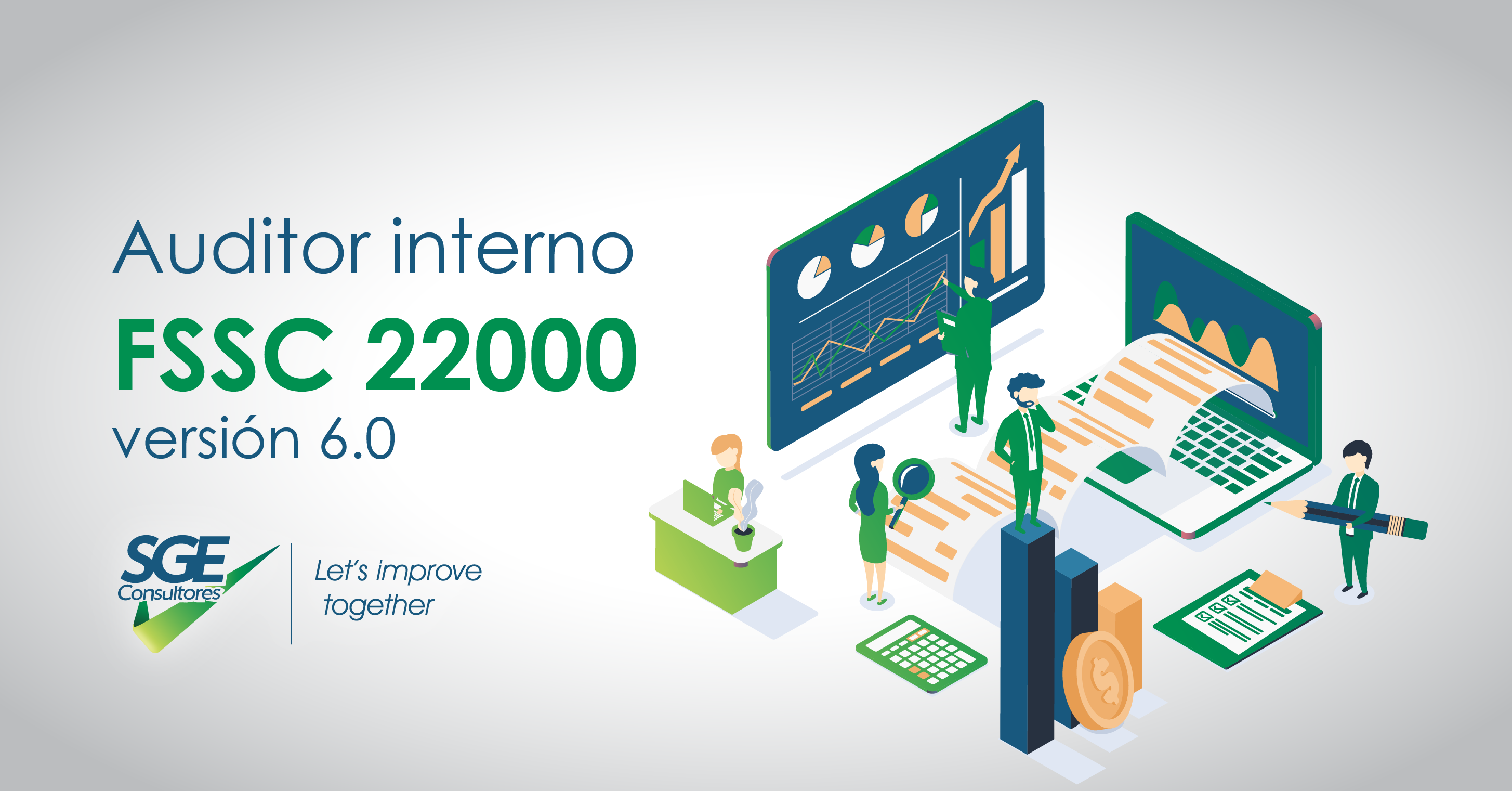
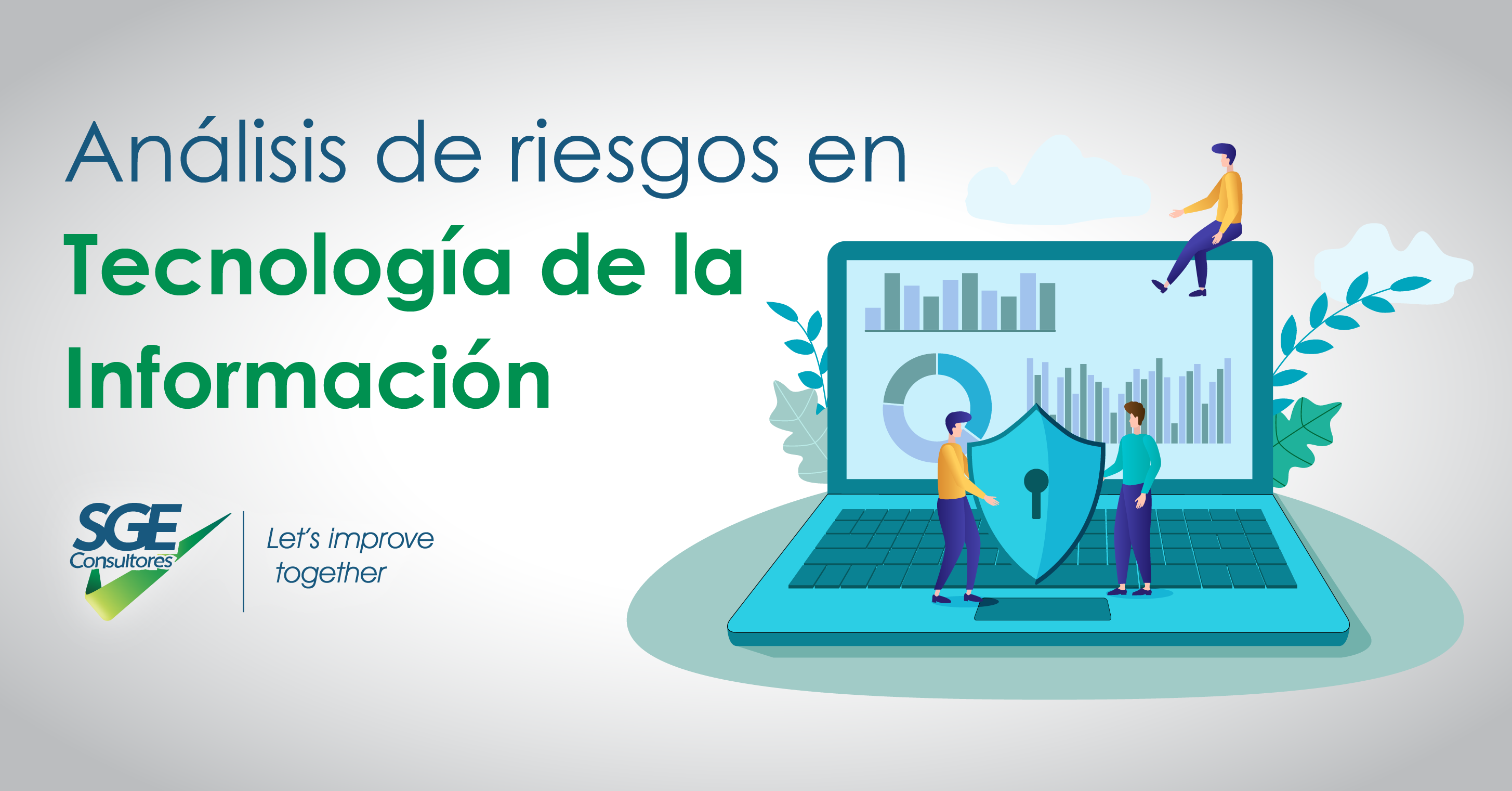

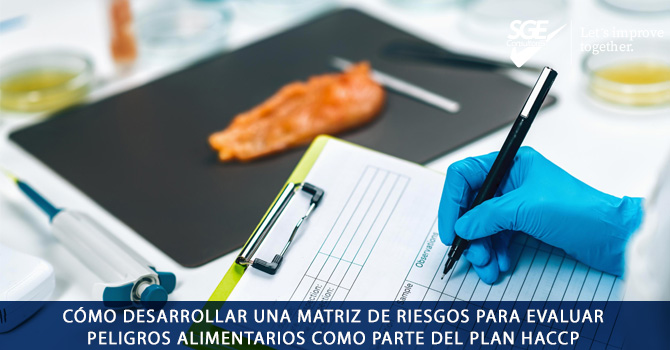
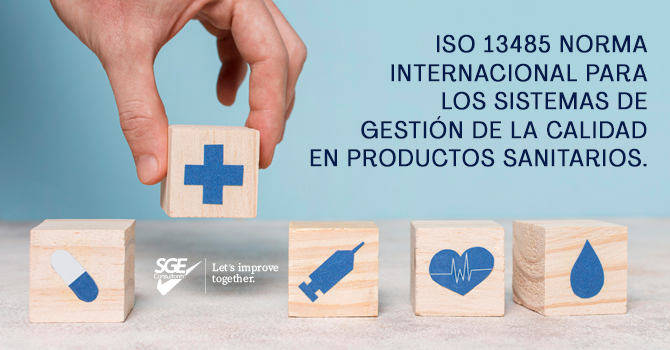
0 comments